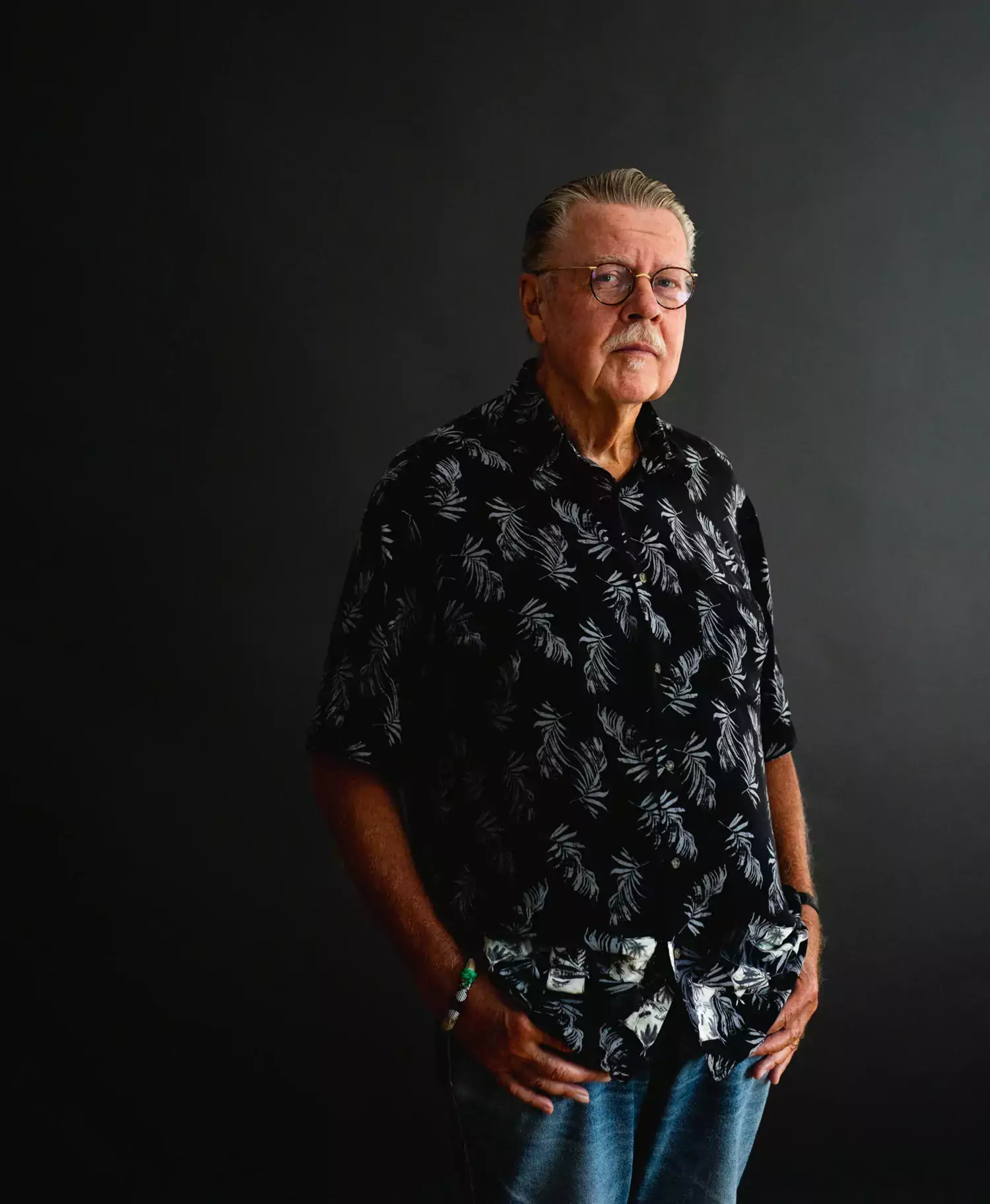Mikael Wiehe about life with hearing loss
Mikael Wiehe's hearing loss affects both himself and those around him. Nowadays, he prefers to perform alone, and restaurant visits only work if the sound environment is right. This article is part of an in-depth feature from KI's popular science magazine Medicinsk Vetenskap.
Name: Mikael Wiehe
Age: 77 years old.
Profession: Swedish artist who has been on stage since the 1960s and has released close to 50 albums, both as a solo artist, in various collaborations (including with Björn Afzelius) and in various bands (including the Hoola Bandoola band). Has translated Bob Dylan into Swedish.

Text: Annika Lund, for the magazine Medicinsk Vetenskap nr 2 2023 / Spotlight on hearing loss
“I realized I had hearing loss when I was 64 years old. At the time, my daughters thought that I said “what?” very often around the dinner table. I sought medical attention and it turned out that I had high frequency hearing loss, meaning I had difficulty hearing lighter voices, like those of my daughters.
Since then, I have a hearing aid in both ears. They work well, I can talk on the phone and listen to music. But in some environments it is difficult, such as in certain pubs or at a party where everyone is talking on top of each other. I have become an expert at finding restaurants with lots of curtains and other textiles that absorb background noise. The other day, I had dinner in a place where I didn't say “what?” once during the whole evening. Neither the food nor the decor was particularly exciting, but still I will go back.
With a special hearing aid, I can play music with a whole band. Microphones are put on each instrument and through headphones I get a sound mix that is adapted to what I need to hear. But I think you get so far away from the audience with that technique, I only hear the instruments, not the audience. So nowadays I prefer to perform alone, just with my guitar and only with my hearing aids.
It has never been clear whether my hearing loss is due to working so much with music or whether it is age related. My father also lost his hearing as he got older. He had hearing aids but they did not work well. To talk to him you had to shout in his ear, which was hard for everyone.
I am generally annoyed by my hearing impairment. I have a disability and it is not only disturbing for me but also for the people around me. My grandchildren deal with this best - they just accept that grandpa has not heard something and say the same thing again, although a bit too loud. Then it usually works out.”
